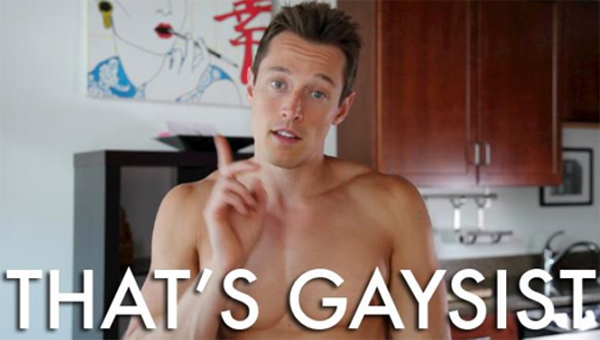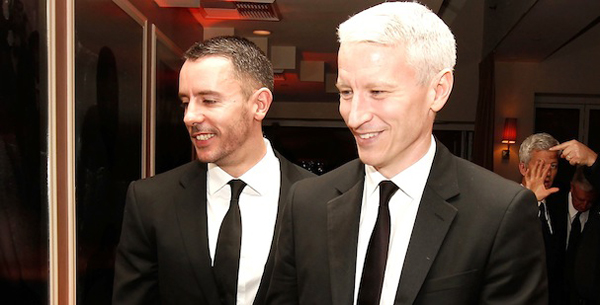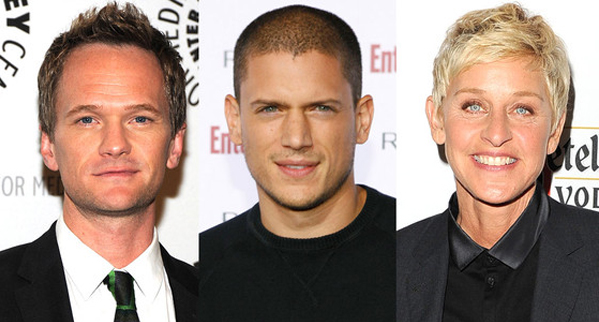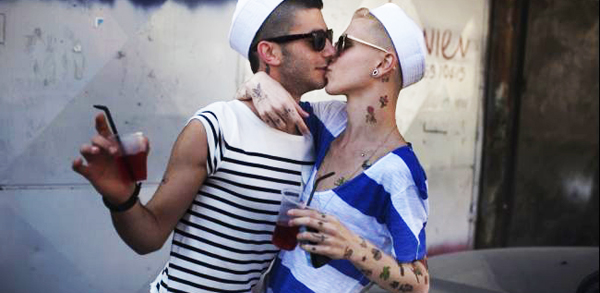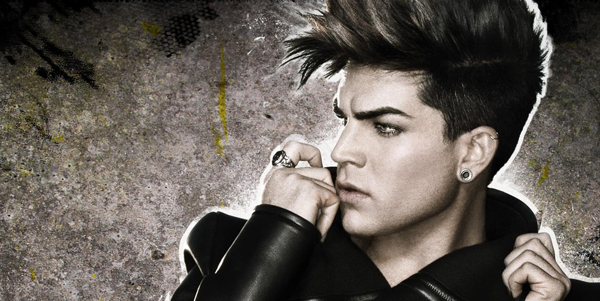Macklemore and Ryan Lewis – Same Love feat. Mary Lambert

Ben Haggerty, better known by his stage name Macklemore, is an American rapper. Macklemore works with Ryan Lewis (Producer).
He has been described as a socially conscious rapper, with many of his songs addressing issues surrounding consumerism, race, sexual orientation and drug addiction. Macklemore is set to release his new album this year, as stated in an XXL interview.
Last week, he talked about his new song, SAME LOVE.
“This song, which I wrote in April, is a response to what I have observed
and experienced, and is also an act of personal accountability. It was
not easy to write, and I struggled with how I, as a straight male, could
genuinely speak upon this issue.
Initially, I tried writing from
the perspective of a gay, bullied kid, but after getting some feedback,
I felt it wasn’t my story to tell. What I do know, and where I wrote
from, is my own perspective growing up in a culture where “that’s gay”
was commonplace, with a huge stigma on those who identified and were
perceived as gay.
Growing up in the Catholic Church, I saw
first-hand how easily religion became a platform for hate and prejudice.
Those who “believed” were excused from their own judgments, bypassing
the stark issue of basic civil rights.
But, more influential to me as a kid than the church was hip hop, my cultural foundation that influenced my worldview.
Unfortunately,
intolerance of the gay community in hip hop is widespread. The best
rappers will use homophobic language on albums that critics rave about,
making hip hop and homophobia inextricably linked. We have sidestepped
the issue entirely, become numb to the language that we use, and are
increasingly blinded to our own prejudice.
The consequence and
impact of what we say, and the culture of shame and abuse it creates,
has very real, sometimes deadly impacts upon LGBTQ young people looking
for acceptance and belonging.
As somebody that believes in equal rights for all humans, you can only watch poison regurgitated for so long.
I
am not saying that intolerance is exclusive to hip hop. Hip hop culture
is a part of American culture, and America can be scared, fearful, and
prejudiced against its own. My intent is not to scrutinize or single out
hip hop. It happens to be the culture that has profoundly shaped me,
and the one I feel most accountable to.
Hip hop is influential to
young people, and frames the mindset of the generation that will decide
how inclusive and accepting we are.
More than anything, I am
aware of how comfortable I (and many other straight people) have become
in staying silent on this issue. If we choose to not speak on an issue
of injustice out of fear, or how our peers might perceive us, we’re part
of the problem. We know the truth, and vainly refuse to uphold it, when
people’s lives are caught in the balance.
In the last couple of
months, amazing things have happened that show progress and
accountability to ensure that the LGBTQ community has the same rights
and respect as everyone else. THE PRESIDENT OF THE UNITED STATES came
out in support of gay marriage. Jay-Z, arguably the biggest rapper in
the world, then followed. Finally, Frank Ocean felt comfortable enough
with himself to share his sexuality in his music and came out last
week. That is courage.
This song is a humble submission to help
bring this conversation to the surface, so that we can reflect on the
language we use, and how powerful it can be. Rethinking, and
understanding the gravity of how we communicate with each other. Change
happens when dialogue happens. When we confront our prejudice and are
honest with ourselves, there is room for growth, and there is room for
justice.
After I wrote this song, I played it for a friend of mine who
happened to be involved with the Music for Marriage Equality campaign,
uniting musicians to help Washington state become the very first to
approve marriage equality by a public vote in November.
My hope
is that my personal testimony can help in some way to not only advance
the dialogue and approve Referendum 74, but also to help shape a culture
of belonging in which ALL people are equal.
– Macklemore
“If you have come here to help me, you are
wasting your time. But if you have come because your liberation is bound
up with mine, then let us work together.” – Lilla Watson
*Also, huge shout out to the incredibly talented Mary Lambert. Such a blessing to work with her on this song.
LISTEN NOW
